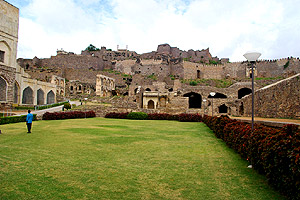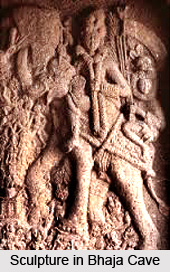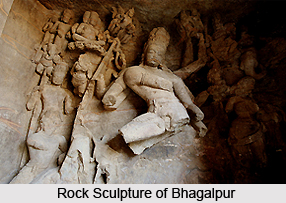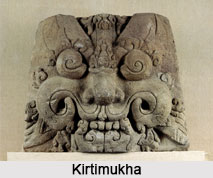 Pointed arches and domes characterize the Delhi Sultanate architecture. Back in the 13th century the first empire of the Delhi sultanate came into existence with the establishment of the Slave Dynasty. The Delhi Sultanate sculptures left behind a lasting Persian influence on the native sculpture and art.
Pointed arches and domes characterize the Delhi Sultanate architecture. Back in the 13th century the first empire of the Delhi sultanate came into existence with the establishment of the Slave Dynasty. The Delhi Sultanate sculptures left behind a lasting Persian influence on the native sculpture and art.
In fact the features of Delhi Sultanate sculptures introduced several new elements. However with time these novel traits immersed with the Hindu style to form an entirely new idiom. This new style was better known as Indo Islamic school. The numerous buildings that offer a glimpse into the impressive Delhi Sultanate sculptures are as follows:
| Sculpture of Adhai Din ka Jhonpra | Sculpture of Hoshang Shah"s Tomb | Sculpture of Gulbarga Fort |
| Sculpture of Qutab Minar | Sculpture of Asharfi Mahal | Sculpture of Golconda Fort |
| Sculpture of Qutab Minar Mosque | Sculpture of Hindola Mahal | Sculpture of Charminar |
| Tombs of Iltutmish, Indian Sculpture | Sculpture of Jahaz Mahal | Sculpture of Jami Masjid, Bijapur |
| Sultan Ghari, Indian Sculpture | Sculpture of Adina Masjid | Sculpture of Gol Gumbaz |
| Sculpture of Balban`s Tomb | Sculpture of Bara Sona Masjid | Sculpture in Agra Fort |
| Sculpture of Alai Darwaza | Sculpture of Qadam Rasul Mosque | Sculpture of Jahangiri Mahal |
| Tomb of Ghiyas-ud-Din Tughlaq | Sculpture in Tughlaqabad Fort | Tomb of Sher Shah |
| Sculpture of Jami-Masjid at Mandu | Sculpture of Bidar Fort |



